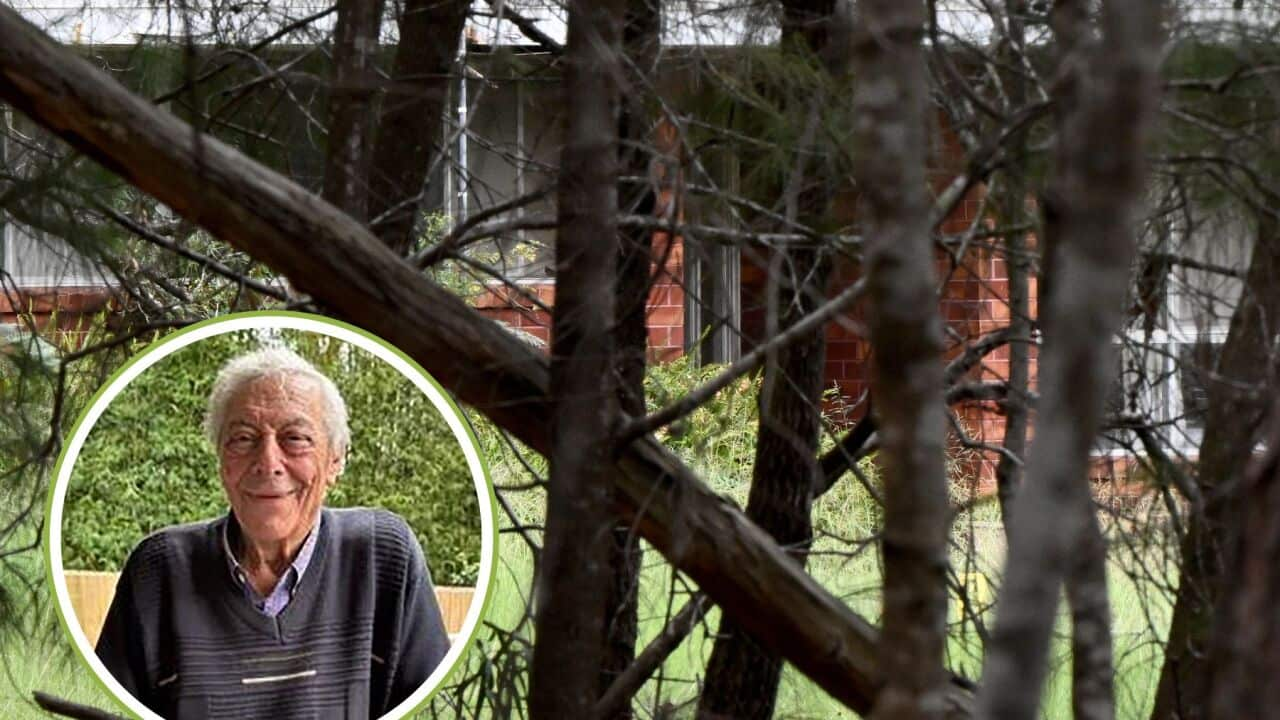An eight-month SBS investigation has revealed Australian consumers are being exposed to dangerous drugs promoted as "herbal remedies."
Illegally supplied tobacco and handmade tablets containing banned opiates are being imported undetected into Australia.
The investigation reveals just how easily the goods can be obtained.
Contraband chewing tobacco ... purchased right here in Australia.
Australian law says up to one-and-a-half kilograms of smokeless tobacco can be imported for personal use, although it must be declared.
Selling it, however, is banned, because it is deemed unsafe for public use.
Yet at a Melbourne store, SBS was able to purchase the product in plain sight.
(Question:) "How do you get it here?"
(Seller:) "We get from supplier."
(Question:) "Supplier? They must be getting it fom India."
(Seller:) "Mmm." (nods)
(Question:) "But it's not available generally at most other stores?"
(Seller:) "No."
(Question:) "This must not be allowed here, I guess, no?"
(Seller:) "No."
And that is not the only contraband item being sold at South Asian grocery stores in Australia.
An SBS investigation also reveals sales of the illegally supplied Indian herbal therapy known as Kamini.
Popular in India, SBS has discovered it is also thriving -- on the black market -- in Australia.
It is pitched as a herbal aphrodisiac, but SBS-commissioned testing by forensic scientist John Franchescinni (frank-eh-SHEE-nee) has revealed concerning results.
"We found levels of codeine, morphine and papaverine. These are all ingredients in opium. The variation in proportion was somewhere between 1 and 5 per cent of opium."
The lab estimates anywhere from two to 20 milligrams of opium were in each handmade tablet.
Levels of heavy metals such as mercury were also present.
Dr Gurdip Aurora is a general practitioner who works with Melbourne's Indian community.
He says it is an untested, highly addictive and dangerous cocktail containing compounds only strictly prescribed individually, with supervision by a doctor.
And he says it can be fatal for those consuming it.
"The response of the individual varies from one person to the other. Even a small dose can be fatal to some individuals. (The) long-term effect of opiods is definitely addiction. Anybody who's taking these medicines on a regular basis or in large doses will invariably develop addiction to these drugs. And addiction is a very serious problem. And because these people are taking it as a herbal medicine, they may not be even aware that these ingredients may have morphine derivative, or opium there, and the next thing is that they can't do without the tablets."
The tablets, prohibited in Australia, are not approved by the Therapeutic Goods Administration.
But the use of Kamini is a habit some claim prevails among students and shift workers rostered to work long hours on the road or in emergency services.
Roadside drug testing also does not test for the presence of opium, which the tablets contain.
A man named Rohan, (RO-hahn) who preferred not give his last name, says he tried the drug, and he described its effects to SBS.
"I was curious what's this Kamini called, because I'd never heard of that word. Then he told me it's actually opium. And I was shocked. I said, 'It can't be right, because you can't sell those illegal drugs over here.' And he said, 'No, it's coming from India.' And I was driving home, and it's definitely got a hit. I felt, a little bit, my nervous system was a bit slow, I was slow to react to things."
One woman, who preferred to remain anonymous, says her husband had become addicted to the tablets before finally he topped taking them.
She told SBS he became aggressive and his behaviour changed completely while he was using Kamini.
"It's not that easy for someone to give up these things, I believe, because it took him nearly a year and then he realised, yes, there was something wrong in it. But it's very hard, it's very hard, because I think this is the kind of drug you get addicted. Of course, all addictions are, like, really hard to get rid of."
A Melbourne shopkeeper, Harjinder Singh, claims many Indian grocers import and sell Kamini to offset cheap groceries.
"Kamini, they have it at the moment in Melbourne (on a) big scale. Thirty per cent (are) clean shopkeepers, and I think, um, 70 per cent, they sell this product."
Another whistleblower has told SBS the illegal trade can be lucrative, with bottles selling for upwards of a hundred dollars.
"Most -- 90 per cent -- of the stock, basically comes in food containers, which are actually coming from merchant exporters from India."
The Australian Border Force has confirmed it has discovered importations of Kamini, but it will not comment on the quantity.
The Therapeutic Goods Administration says its investigations reveal Kamini has been purchased online, despite being prohibited.




